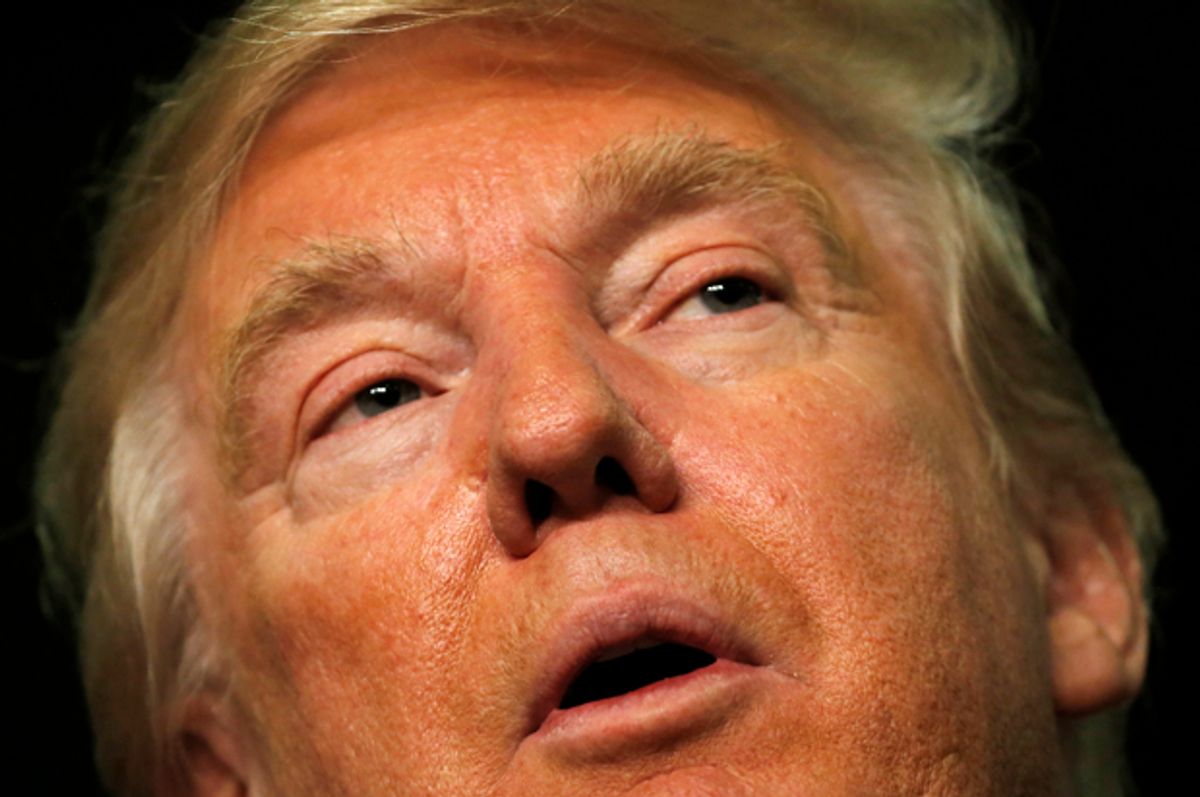There are a million theories about why Hillary Clinton, who won more votes than any other unsuccessful presidential candidate in U.S. history, failed in her presidential bid. At least one theory is irrefutable: Popular votes don’t decide presidential contests in this country; the electoral college does. Trump’s naked appeals to white resentment and misogyny won over 63 million U.S. voters, nearly 3 million fewer than the 66 million who voted for Clinton. That makes Trump the first American president to lose the popular vote by such a decisive margin.
Taken together, those two facts make a mockery of Trump and his surrogates’ claims to a presidential mandate. In surveys from sources across the political spectrum, including Fox, CBS, NBC/Wall Street Journal, Politico and more, Trump ranks as the least liked incoming president of the public polling era. HuffPost Pollster, which averages the latest opinion polls finds 49 percent of Americans hold an unfavorable view of Trump compared with 44 percent who view Trump favorably. As a point of reference, President Obama entered 2009 with a robust 68-percent favorable rating against 21 percent unfavorables.

The Week observes that approval ratings for Trump’s cabinet are also at historic lows, although perhaps not as low as a team of white nationalists, misogynists, racists, Islamophobes, science deniers, homophobes, Kremlin loyalists, anti-labor billionaires and swamp-dwellers might merit.
According to Gallup, Americans aren't all that thrilled with the Trump transition either. Polling finds the country split 48-48 percent on whether it approves of the president-elect's work to date, which sounds passable until you remember that we're inclined to give our incoming presidents the benefit of the doubt. The approval numbers for Barack Obama, George W. Bush and Bill Clinton's transitions were 75 percent, 65 percent and 67 percent, respectively. And the political climate was no less polarized in 2008, 2000 or even 1992.
It’s too early to determine whether these numbers will impact Trump’s ability to govern. He assumes office with Republican majorities in both houses of Congress, meaning even his most controversial and immoral policy proposals stand a chance of being enacted. But at least one political strategist suggests Trump’s unpopularity offers Democrats a political opening.
“The lack of support for the president-elect means that Democrats can oppose him when they believe they should,” Jesse Ferguson, who campaigned for Clinton and served as head of Democratic Congressional Campaign Committee independent-expenditure area, told Politico. “They can be confident that there’s no pressure for them to support him out of fear of his political prowess and political power, because his coattails look a little more like a T-shirt.”
Here’s hoping Democrats will break with tradition and play the game with the same obstructionist vim and vigor as their Republican colleagues have done throughout Obama's two terms.




Shares